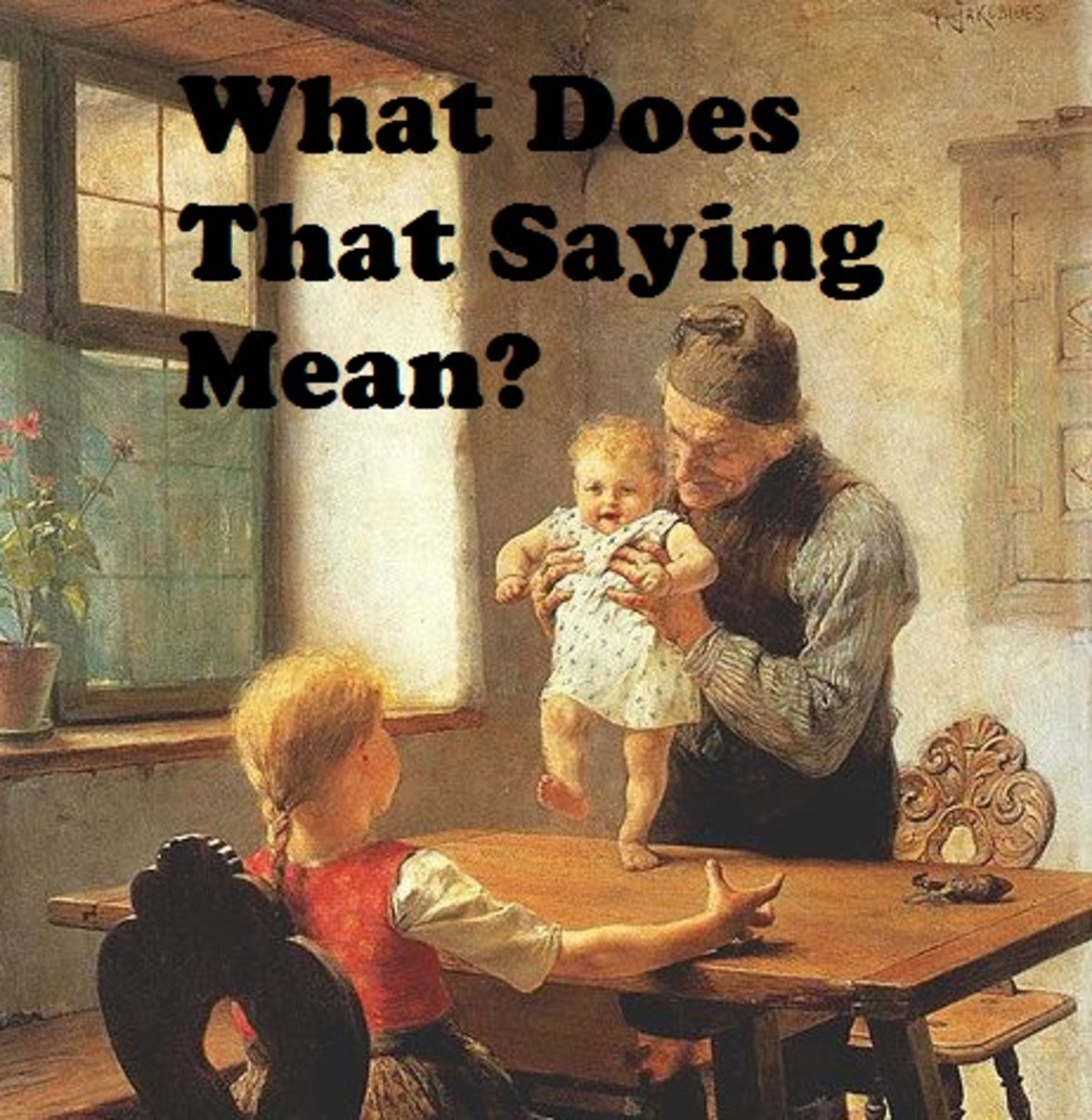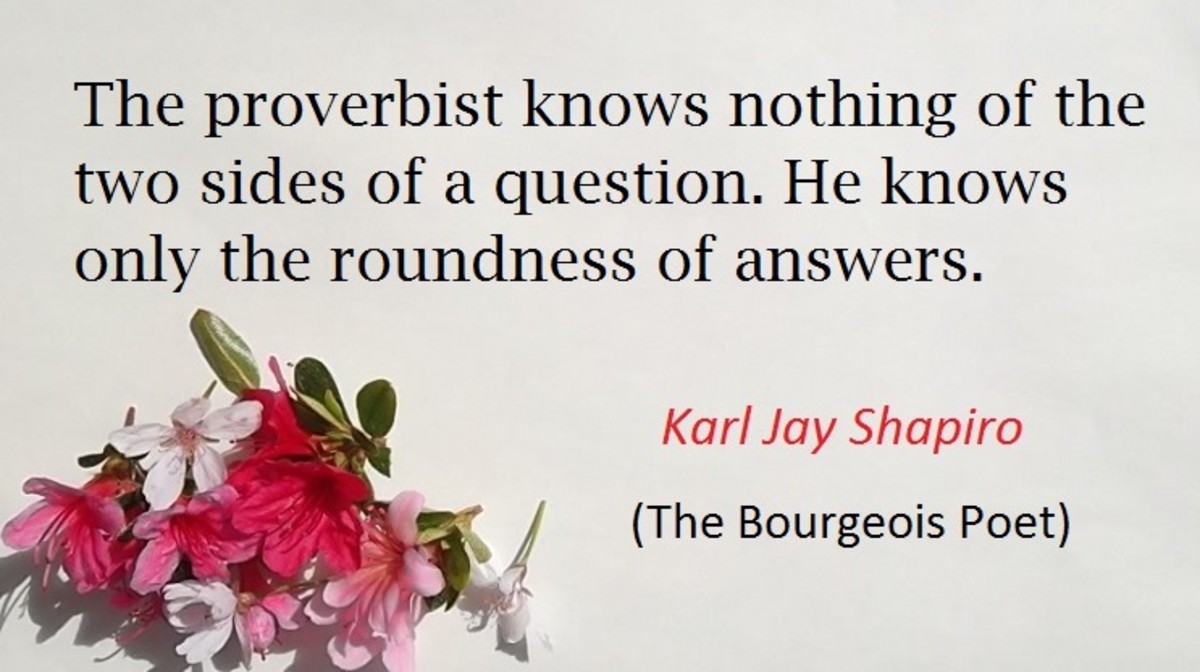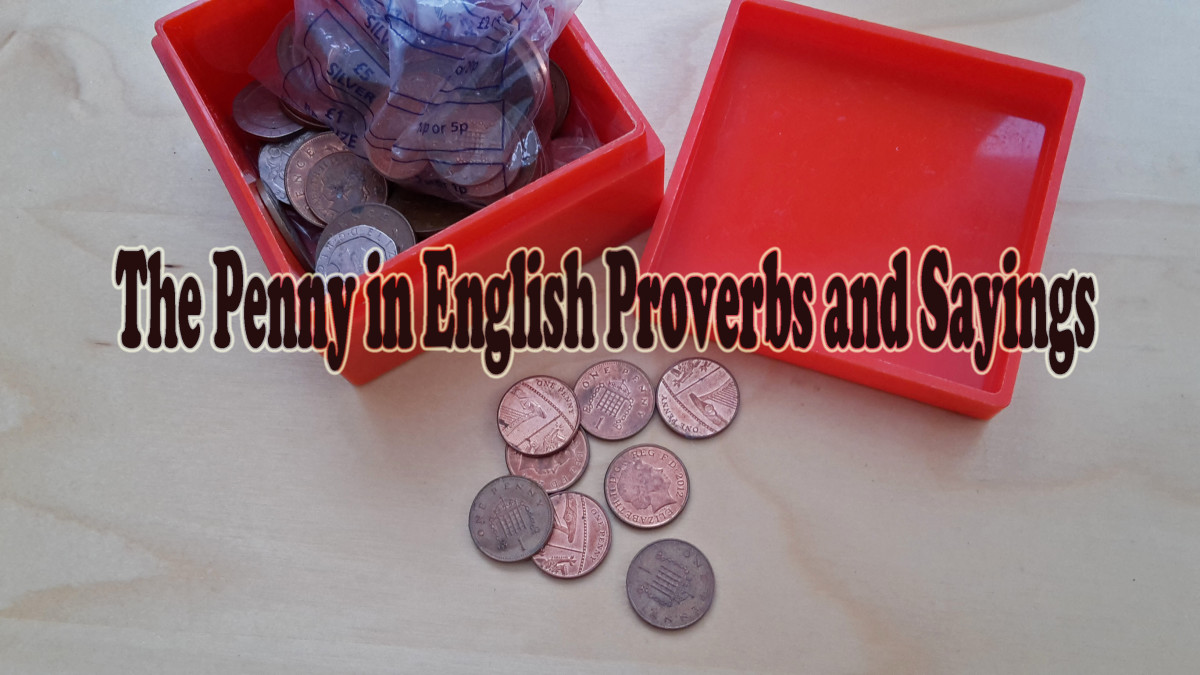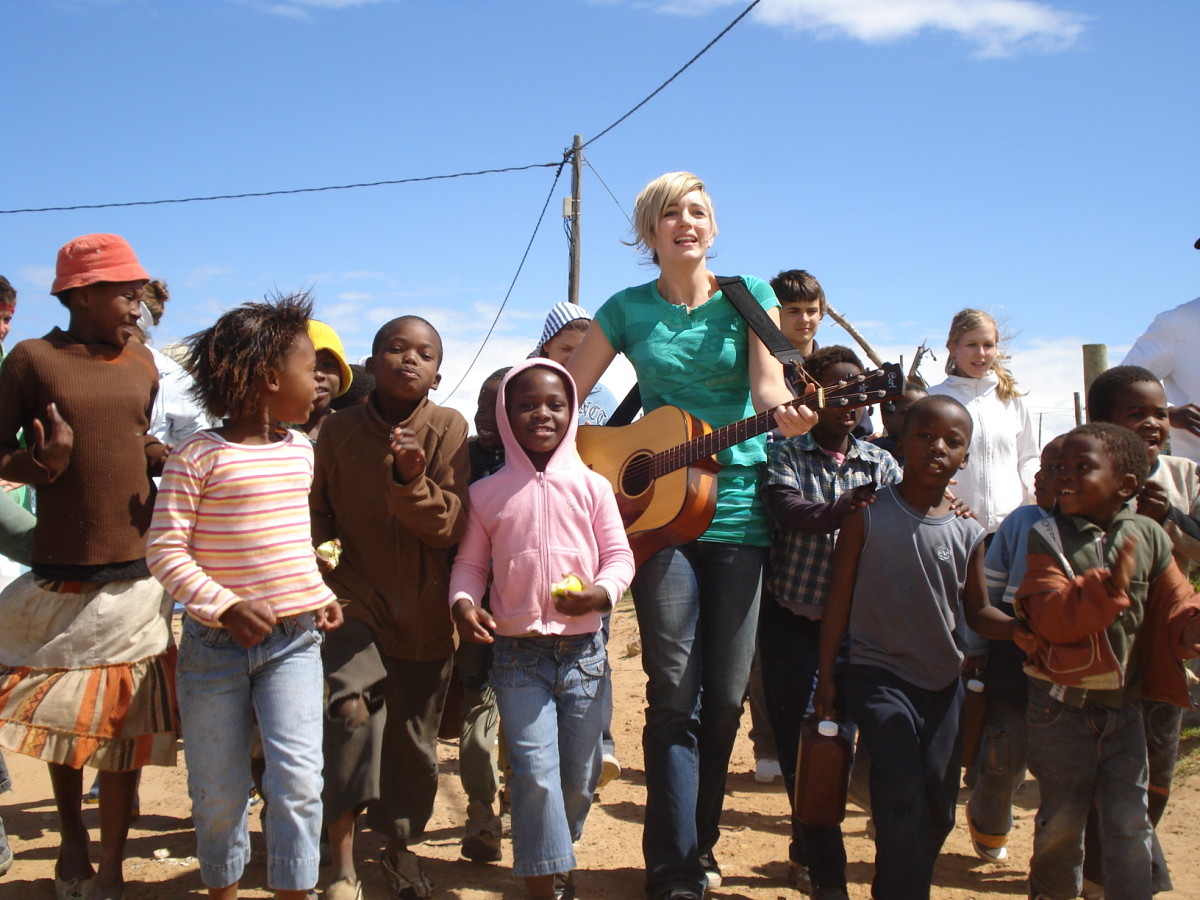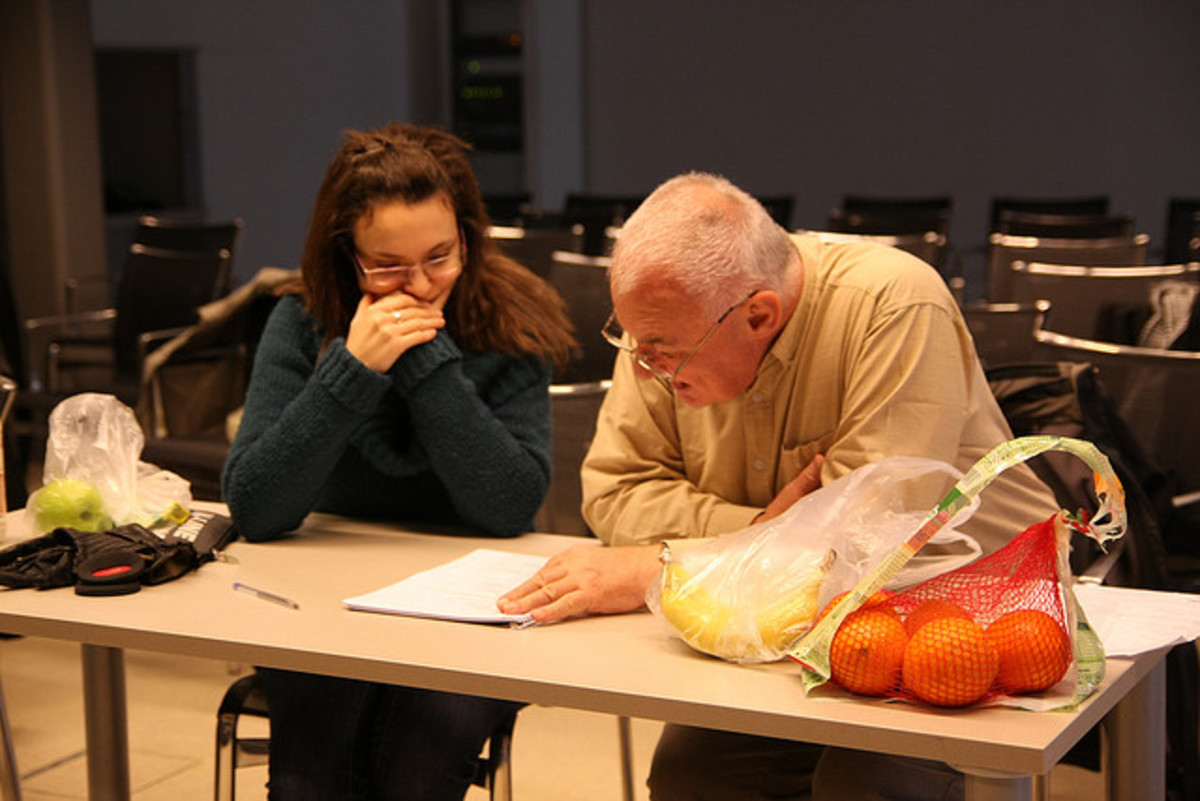Learning Serbian – Wannabe Lesson 3 (Some Interesting Serbian Proverbs and Sayings)

As I have already mentioned in previous wannabe lessons (which you should have attended and if you didn’t you will be penalized), Serbia has always been a very interesting country… We have had an interesting history, all of us often seem completely crazy to people who look at us from a different perspective and keep saying “WTF” and so on. There is a saying in Serbia that we have taken part in a war at least once in every ten years on average. Even though this sounds completely unbelievable, it is not that far from the real truth. However, this is a story I will leave for some other wannabe lesson, for an even more serious one :)
Now, I must ask you to be serious for a little while and try to understand and accept the following statement as true: Serbs are considered to be a wise sort of people by some other wise sorts of people, or something like that. Yes, our forefathers actually had a lot of smart thoughts and interesting sayings, which has resulted in thousands of great proverbs recorded throughout the history of my country. Therefore, I will try to find and translate some of these interesting and sometimes even funny proverbs. I will give both the original and the translation, and you can copy the original text and listen to the Google robot say it in Serbian using Google Translate. Actually, when I think about it, you would probably be better off just trying to read the original yourself without any help from this tool, as it sounds disturbing…
Da komšiji crkne krava! Translation: May my neighbor’s cow die!
This is the literal translation of the saying, as it can only be understood if I translate it literally. The truth is that this is not actually a proverb, but it is a very popular saying in Serbia and a saying that perfectly encapsulates our mentality. Namely, egoism and jealousy are some of the most important words that describe the Serbian mentality, aside from spite. Therefore, it is perfectly normal for an average man here to wish for something bad to happen to his neighbor or friend, just so he can feel better about himself… Even though my neighbor is a good man, I still wish him the opposite of well, and I know that he feels the same way about me… We’re all blundering idiots, if you ask me!
Dete mnogo milovano, nikad dobro vaspitano! Translation: A child brought up with affection will never grow up to be a real man!
Yes, this sounds crazy… Yes, this is crazy! It can be said that today things are much different than they were up until a few decades ago, but this country really had a habit of bringing up children with no affection or love during the process. Rules and the belt buckle were two things that were respected the most, especially in the communist era. Even if a child had parents who were against hitting children, which was really rare, the parents hardly ever showed any affection and love. After all, raising them with love and affection can only make your children gay, right?
Dok jednom ne smrkne, drugom ne svane. Translation: One has to be in the dark so as for someone else to experience light.
Again, a proverb that shows just how primitive people can be. Why would you think that someone has to have it bad in order for someone else to have it good? Well, this is actually another variation on the subject of “Me, me, I’m the only one who’s important!” This just goes to show that even if a saying or a proverb sounds logical and about right, it doesn’t mean that it should be taken for granted…
Da se reči kupuju, manje bi se govorilo. Translation: If words had to be bought, people wouldn’t talk as much.
Finally, we come to a proverb that actually stands for something I can relate to and agree with. Yes, this is really true – people do speak a lot and talk for hours without making any point, and the world would be a far better place if we had to pay for every word that came from our mouths. This wannabe lesson would have probably been much shorter if this were the case… Actually, these lessons wouldn’t even exist if this were the case :)
Od ljubavi se ne živi, ali se za nju gine. Translation: You do not live from love, but you die for love.
This is probably one of the most beautiful Serbian proverbs I’ve ever heard. Also, it is completely true. There is not much I can say about this that can explain it better – love cannot be something you can live from, but it definitely is something you die for…
I will conclude this wannabe lesson with a proverb which has always been extremely funny to me, although the funniest thing about it is probably the fact that it is extremely vulgar (my kind of funny)… Here it goes: Lako je tudjim kur*em gloginje mlatiti! (I put * instead of a letter to avoid writing the real word, which is the Serbian equivalent of the English word for the male reproductive organ). This cannot be translated literally, so I’ll just explain… It basically says that it is easy to go over thorns using someone else’s phallus. The story related to how this saying came to being is very interesting indeed. Namely, one of our former presidents wanted to raise the taxes in order to get our country out of the very deep pool of excrement he put it into. Naturally, people didn’t like the idea and someone thought of this smart and unusually vulgar saying and wrote it on a big piece of paper at a protest. Since then this saying has, in my opinion, become one of the best Serbian proverbs ever to see the light of day!
Which Is Your Favorite Serbian Saying?
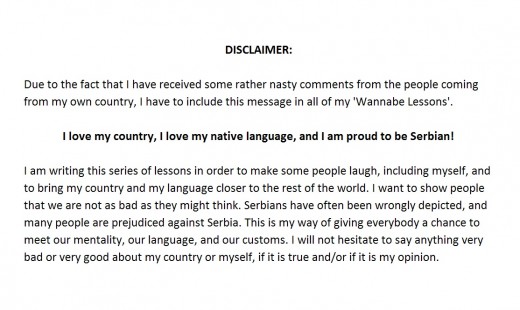
Some More Wannabe Lessons for You...
- Learning Serbian – A Wannabe Introduction
A short introduction to my unique wannabe lessons. Here you will see what these lessons will be about and decide whether you will be attending them. - Learning Serbian - Wannabe Lesson 1
Now, for all of you who are not yet familiar with the concept of wannabe lessons, here will be given a brief intro to what you can expect to gain from attending these lessons… - Learning Serbian - Wannabe Lesson 2 (A Little Someth...
The history of my country has been quite interesting. From the first known Serbian Duke, who ruled over a few Serbian tribes in the beginning of the 7th century, to the last king of my country named Peter II, who ruled from 1941 to 1945, Serbia has g

